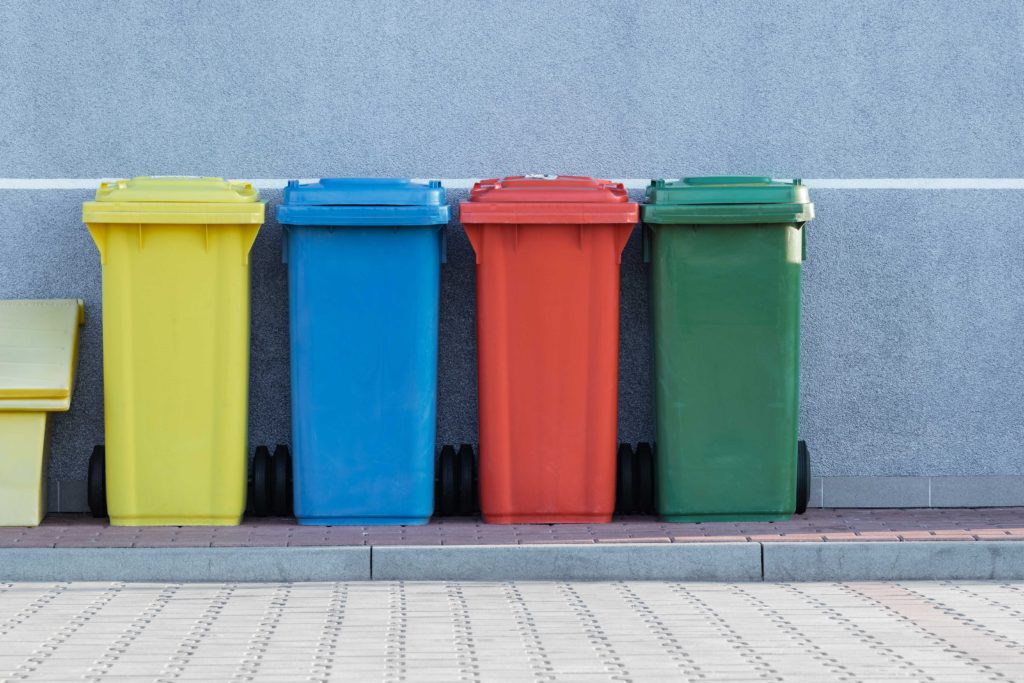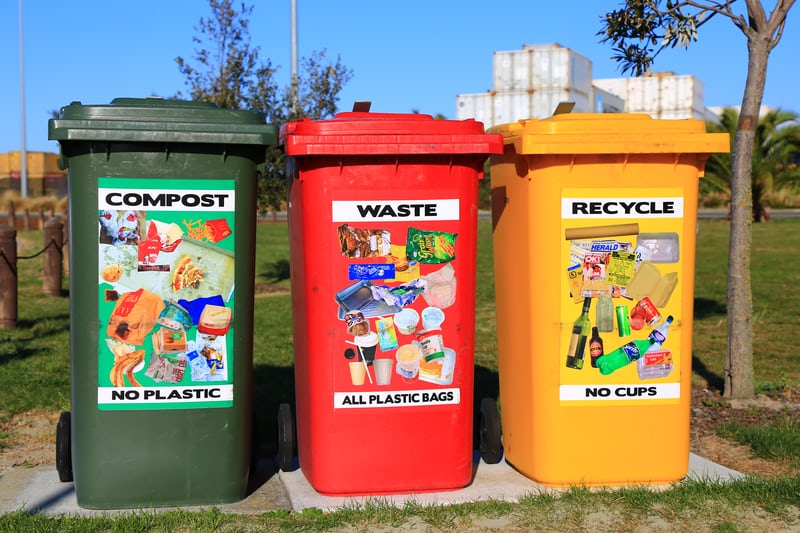Business Travel
Waste Management Tips For Landlords and Tenants
When it comes to waste management responsibilities for rental properties, landlords and tenants have a duty of care in ensuring waste is disposed of properly and legally.
Safe to say that it is important to understand and clarify what the landlord and tenant are responsible for in fulfiling their legal waste disposal obligations. It is also important to clarify expected behaviours that conform with environmental preservation best practices in waste management.
Here are some pointers that we think may be useful to both landlords and tenants in clarifying waste disposal responsibilities and how to properly dispose of both household and commercial waste.
Landlord’s Responsibility
The waste generated by rental properties, when they are vacant, is the landlord’s responsibility. Because renting out properties is considered a business, the landlord is solely liable for such commercial waste.
This means any waste left within or dumped outside the property becomes the landlord’s responsibility.
As commercial waste is not collected by the council, the landlord must dispose of it by hiring a skip or licensed waste collectors. It is critical that your waste collector is properly licensed in order to avoid being fined or prosecuted if your waste is illegally dumped.
If a tenant has left waste outside your property after they have moved out, the Environment Agency may fine or prosecute you for illegally depositing waste.
Aside from the responsibilities listed above, the landlord of an HMO property is responsible for providing waste disposal tools to tenants as well as educating them on how to dispose of household waste.
Tenant’s responsibility
The tenant is responsible for all household and commercial waste generated while renting the property, including any large items that are not collected by the council. The landlord is solely responsible for commercial waste that is not generated by the tenant.
Because commercial waste will not be disposed of by the local council, the tenant must hire a skip or licensed waste collectors.
Some large items, such as refrigerators or other white goods, are frequently picked up for free by the council, so it is a good idea to call them to check eligibility.
Get started with Clooper by signing up for a free trial here
For more property management tips, check here.
This blog post is not intended to constitute legal or financial advice






